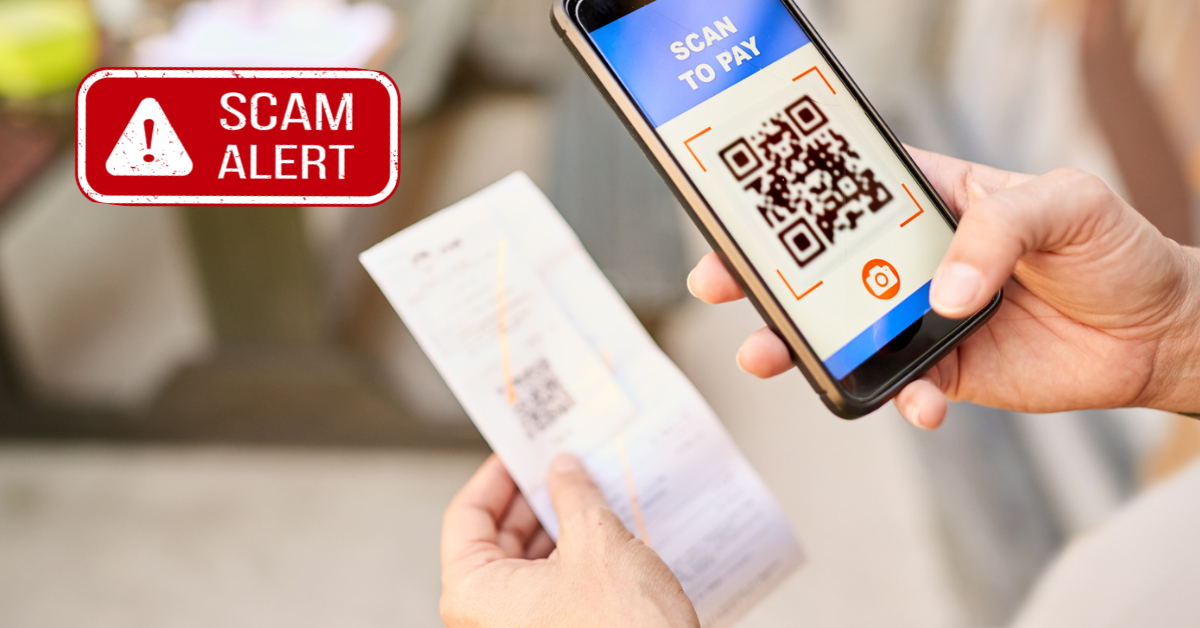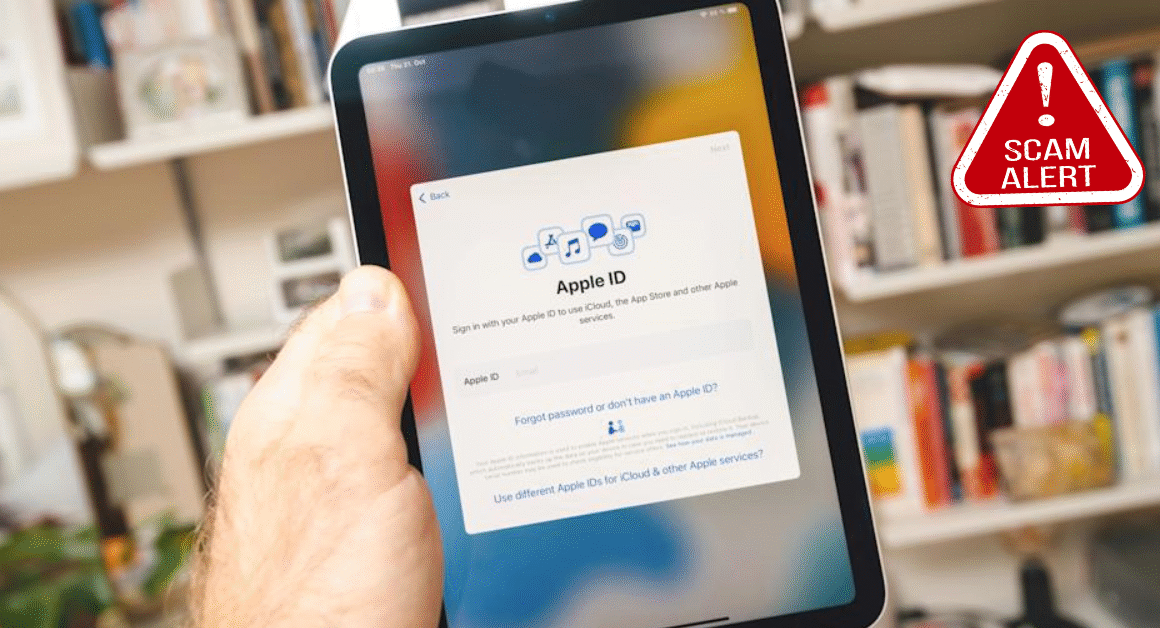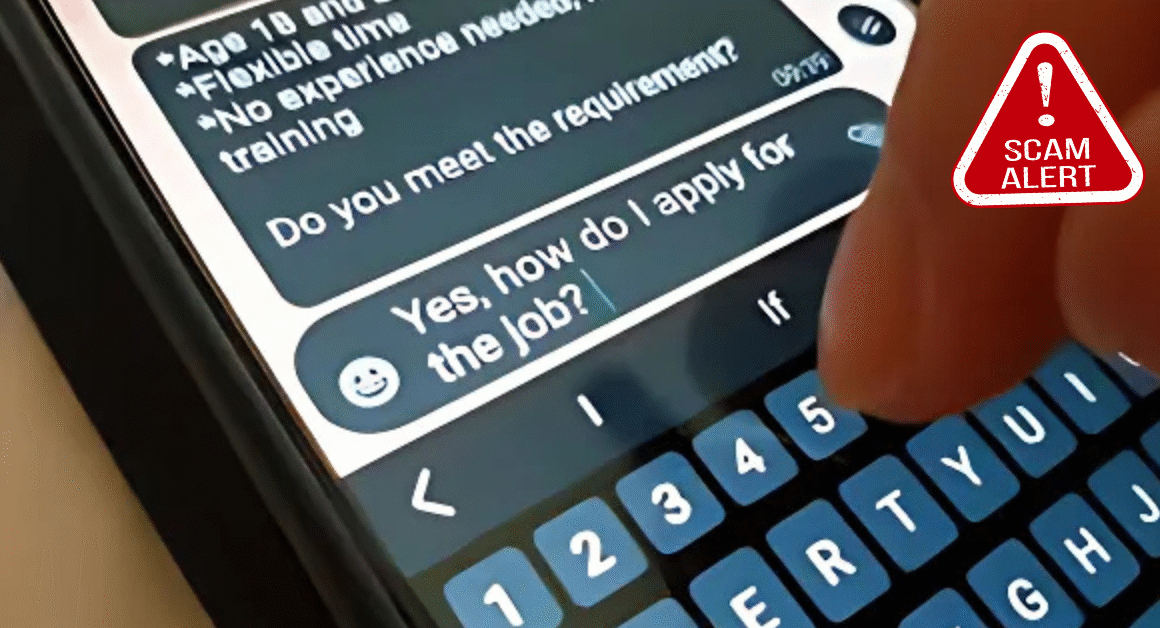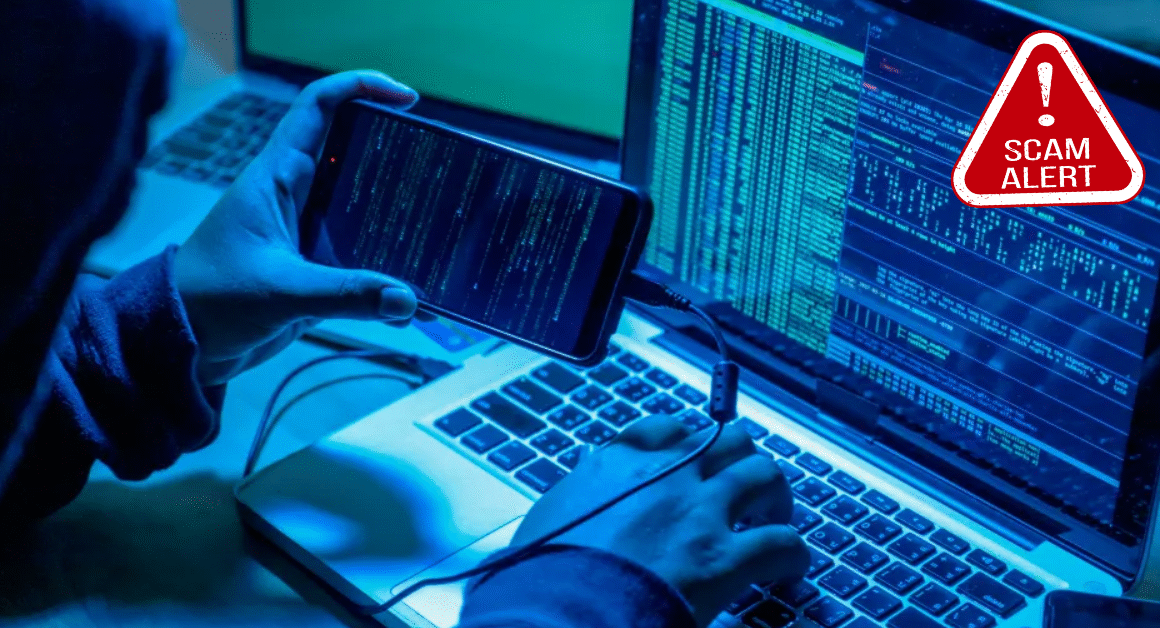Receiving unexpected packages has become a growing concern, especially when they contain hidden dangers. The FBI has recently issued a warning about a new scam involving QR codes inside mysterious packages. This scam tricks people into scanning the codes, leading to potential theft of personal information or installation of harmful software on their devices.
This alert is particularly important as digital scams continue to evolve, targeting unsuspecting individuals through clever methods. Understanding how this scam works and knowing the precautions to take can protect you from falling victim. Be sure to stay alert and informed about these fraudulent tactics to keep your data and devices secure.
What is the QR Code Scam in Mystery Packages?
The Federal Bureau of Investigation (FBI) has reported cases where people receive packages they did not order, containing QR codes inside. When scanned, these QR codes direct the victim to malicious websites designed to steal sensitive information or infect their phones and computers with malware. These mystery packages can appear harmless but are carefully designed to trick users.
According to the official FBI announcement, scammers rely on curiosity and trust, hoping people will scan the QR codes without suspicion. Once scanned, the web links can ask for personal details, login credentials, or even lead the victim to download dangerous apps. The FBI stresses that this form of scam is increasing as QR codes become more common in everyday life.
Why Are Scammers Using QR Codes?
QR codes are easy to create, widely accessible, and can quickly connect a user to a website or app without typing in an address. Scammers exploit this convenience by embedding harmful links inside QR codes, making them an effective tool for cybercriminals. In the past, scams mostly relied on emails or fake calls, but QR codes add a new layer of deception.
Furthermore, younger audiences who frequently use smartphones are more vulnerable since scanning QR codes is a usual, low-risk activity. As of May 2023, cybersecurity experts at Norton have highlighted that QR code scams are growing globally, urging users to be extra cautious when scanning unknown codes.
How to Protect Yourself From This Scam
Awareness is the first line of defense against QR code scams. The FBI recommends that if you receive any unexpected package, especially from unknown sources, avoid scanning any QR codes inside. Treat mystery packages with suspicion, particularly if they ask you to provide personal information or download software.
Always verify the sender’s identity before interacting with any package content. If the package looks suspicious, you can report it to local authorities or the FBI’s Internet Crime Complaint Center (IC3). Also, use antivirus software on your devices to add an extra layer of protection against malicious attempts.
What To Do If You’ve Already Scanned a Suspicious QR Code?
If you suspect that scanning a QR code from a mystery package compromised your device or personal data, immediately disconnect your device from the internet to prevent further harm. Change your passwords for important accounts and monitor your bank and online accounts closely for unauthorized activity.
You can also run a full device scan using trusted antivirus or anti-malware software. If you notice anything unusual or feel unsure about your device’s security, contact a professional to check your device. Reporting the incident to the FBI and local law enforcement can also help track and stop scammers.
Stay Updated With Official Sources
To protect yourself and others, always rely on credible sources for the latest cybersecurity alerts. The FBI’s official website (https://www.fbi.gov/scams-and-safety) provides up-to-date warnings and prevention tips. Another valuable resource is the Cybersecurity & Infrastructure Security Agency (CISA) at https://www.cisa.gov, which offers advice on spotting and avoiding scams.
By staying informed and cautious, you can avoid falling victim to these new QR code scams hidden in mystery packages. Always verify before you trust, and remember that when it comes to unexpected packages, caution is your best defense.













